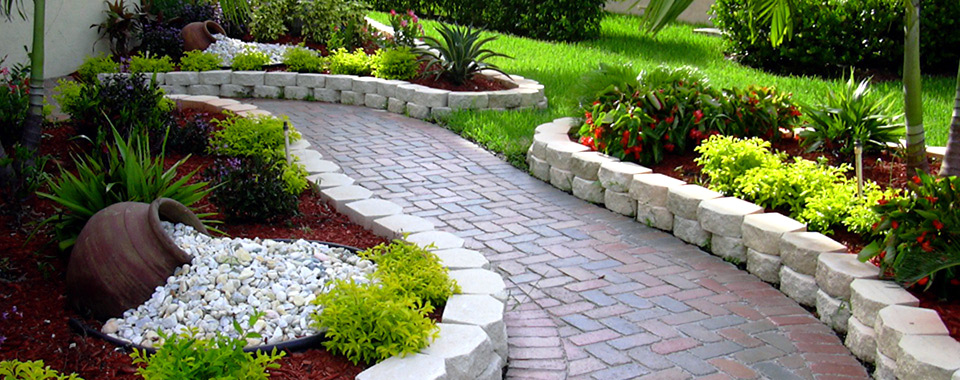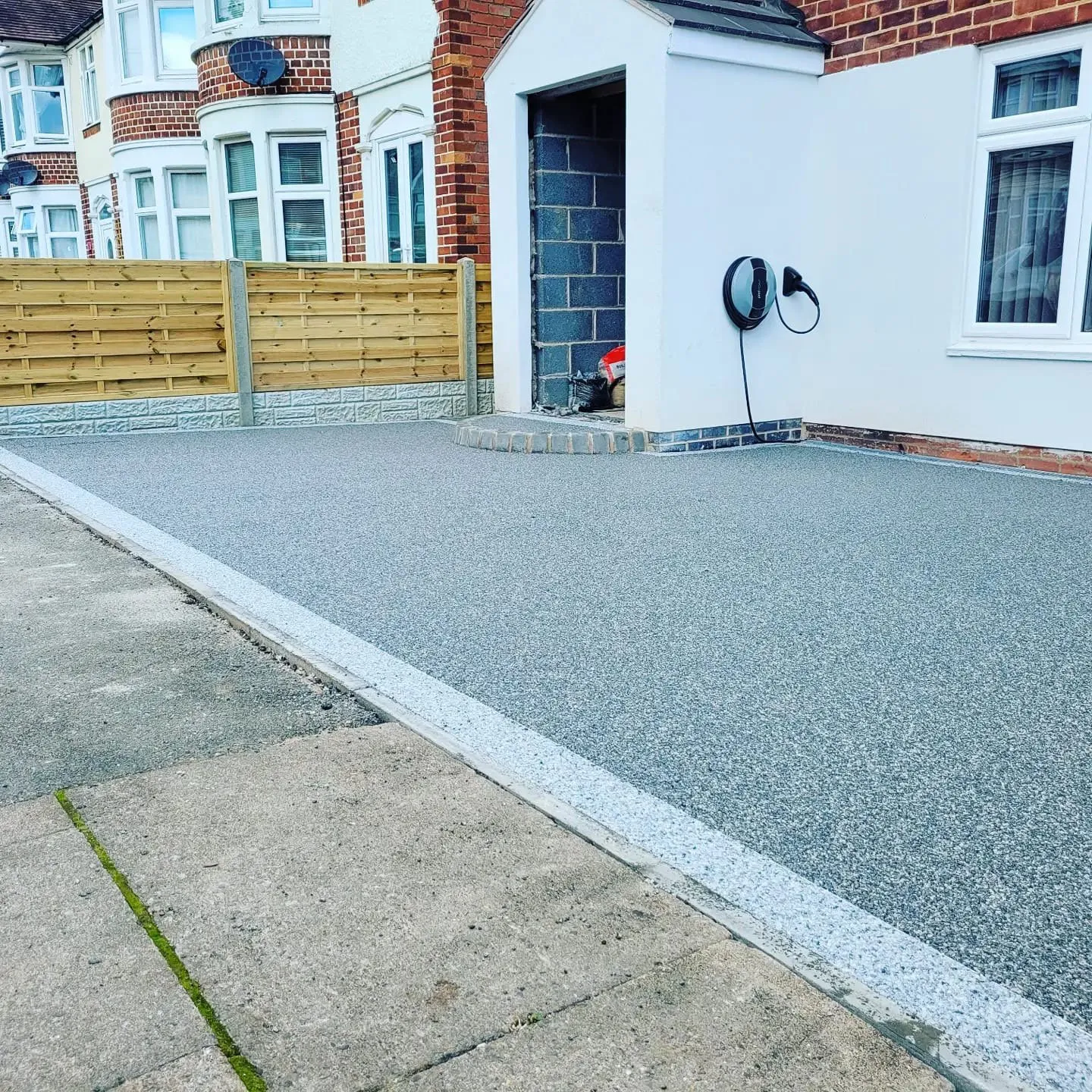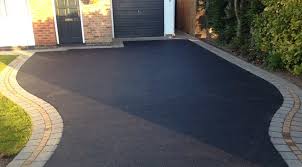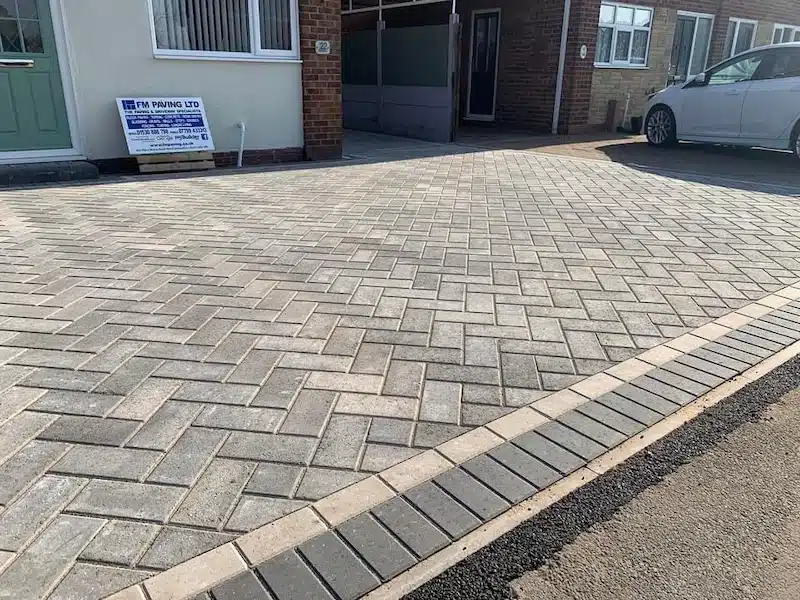Urbanization has significantly influenced landscaping in Nuneaton, as growing urban areas present both challenges and opportunities for creating functional and attractive outdoor spaces. Landscape gardeners in Nuneaton are adapting to these changes by implementing innovative solutions to meet the needs of urban environments.
One of the primary challenges of urbanization is the limited space available for gardening. As cities expand and property sizes decrease, landscape gardeners must find creative ways to maximize the use of small or irregularly shaped outdoor areas. In Nuneaton, this often involves designing compact and multifunctional gardens that make the most of available space. Vertical gardening, container gardening, and the use of modular components are popular solutions that allow for lush and functional gardens even in confined areas.
The increased focus on urban living also brings a greater emphasis on enhancing the aesthetic appeal of outdoor spaces. Urban environments often lack greenery, and well-designed gardens can provide a welcome contrast to the surrounding concrete and buildings. Nuneaton’s landscape gardeners are incorporating elements such as green roofs, living walls, and decorative features to create visually appealing outdoor spaces that contribute to the overall beauty of the urban landscape.
Another impact of urbanization is the need to address environmental concerns, such as stormwater management and air quality. Urban areas often experience higher levels of pollution and runoff, which can affect both the environment and the functionality of gardens. In response, landscape gardeners in Nuneaton are implementing sustainable practices such as rain gardens, permeable paving, and the use of native plants to improve water management and support local biodiversity. These solutions help to mitigate the environmental impact of urbanization and create healthier and more resilient outdoor spaces.
The integration of technology is also shaping urban landscape gardening. Smart irrigation systems, automated lighting, and other technological advancements are being used to enhance the efficiency and functionality of urban gardens. Nuneaton’s landscape gardeners are incorporating these technologies to make garden maintenance easier and to promote sustainability. For example, smart irrigation systems can optimize water use based on weather conditions, reducing waste and ensuring that plants receive the appropriate amount of water.
Community engagement is another important aspect of urban landscape gardening. Urban areas often have a strong sense of community, and collaborative gardening projects can foster social connections and improve the overall quality of life. Nuneaton’s landscape gardeners are involved in community garden initiatives, public green space improvements, and other projects that bring people together and create shared outdoor spaces. These initiatives not only enhance the urban environment but also provide opportunities for residents to participate in gardening and environmental stewardship.
Urbanization also brings increased demand for low-maintenance garden solutions. In busy urban settings, homeowners and property managers often seek gardens that require minimal upkeep. Landscape gardeners in Nuneaton are responding by designing gardens that use hardy plants, efficient irrigation systems, and durable materials. These low-maintenance solutions allow urban residents to enjoy beautiful gardens without the need for extensive ongoing care.
In conclusion, urbanization has a significant impact on landscape gardening in Nuneaton, presenting both challenges and opportunities for creating effective outdoor spaces. By adapting to limited space, enhancing aesthetic appeal, addressing environmental concerns, integrating technology, engaging with the community, and providing low-maintenance solutions, landscape gardeners are meeting the needs of urban environments. Their innovative approaches contribute to the development of vibrant and functional gardens that improve the overall quality of urban living.




